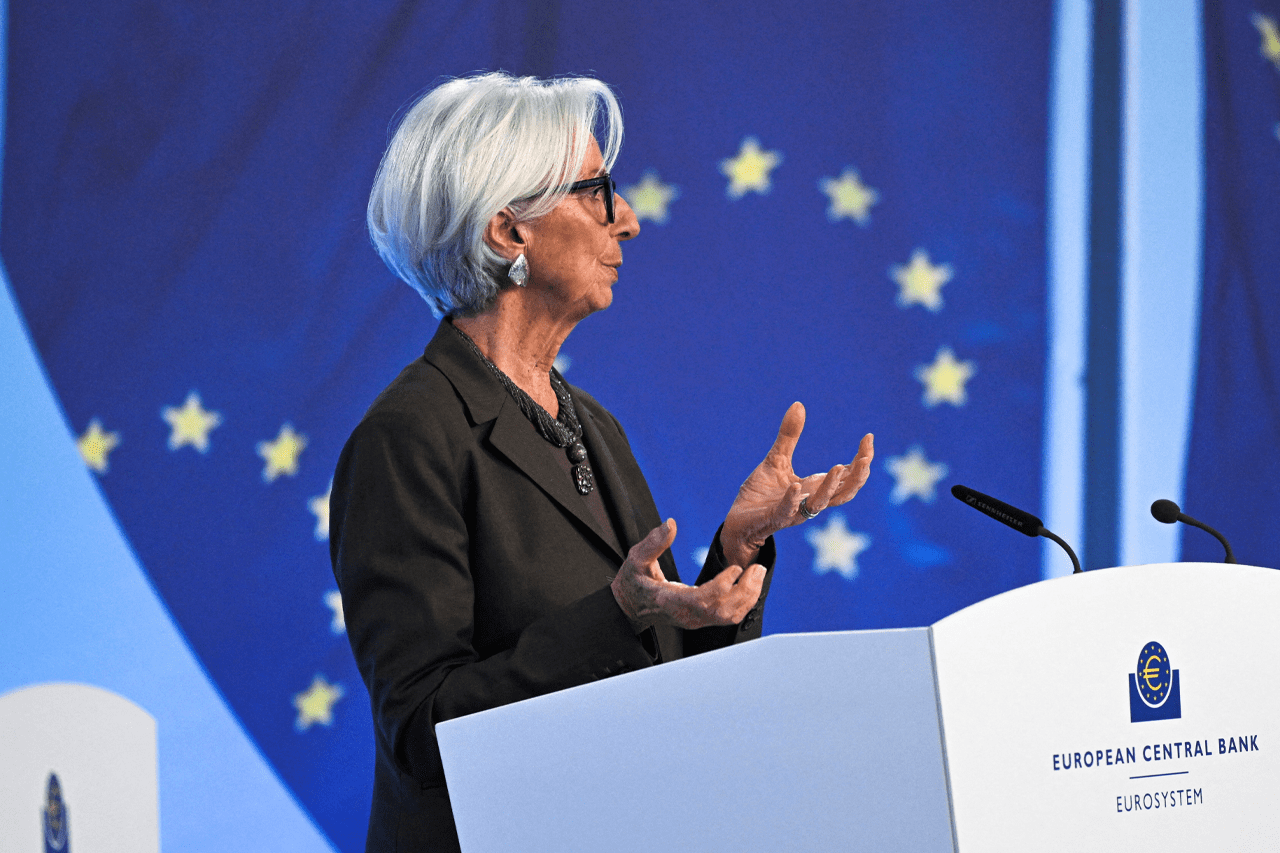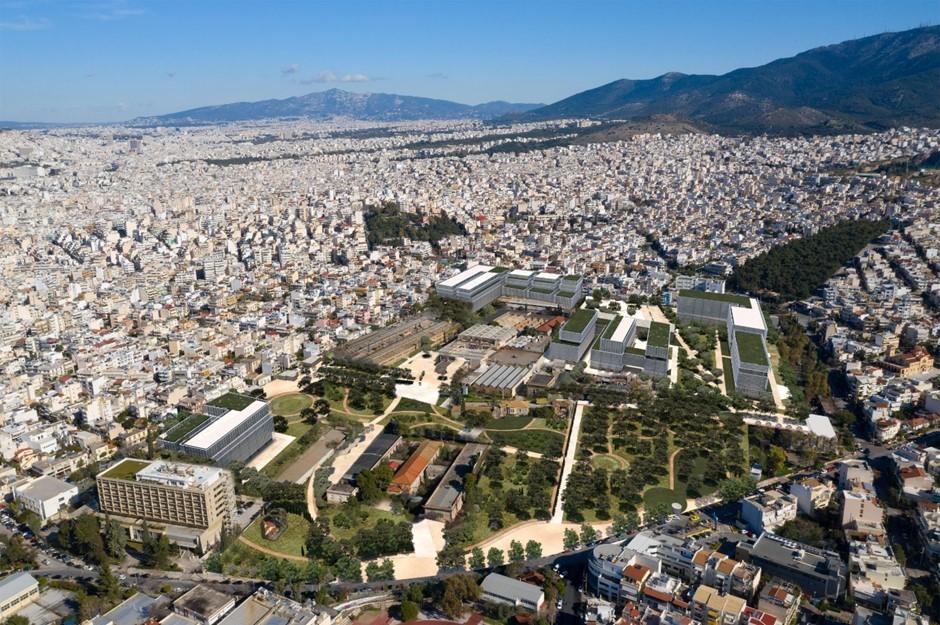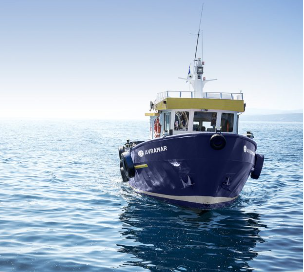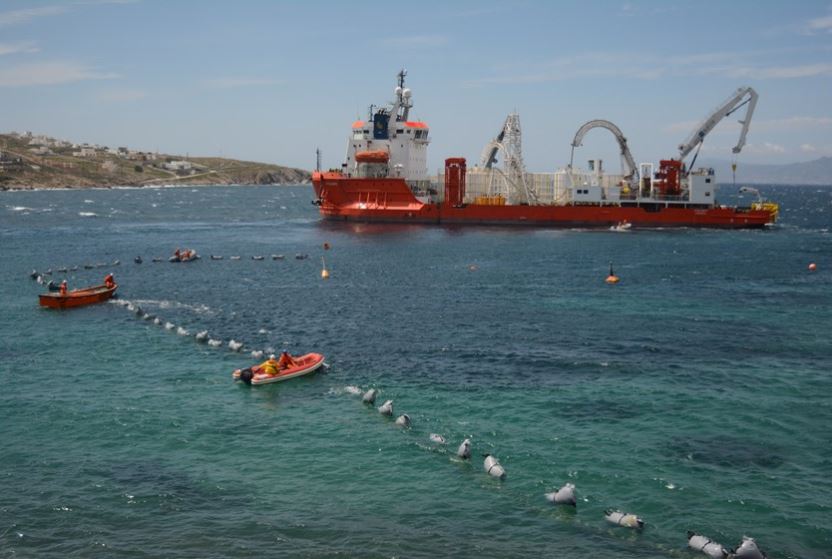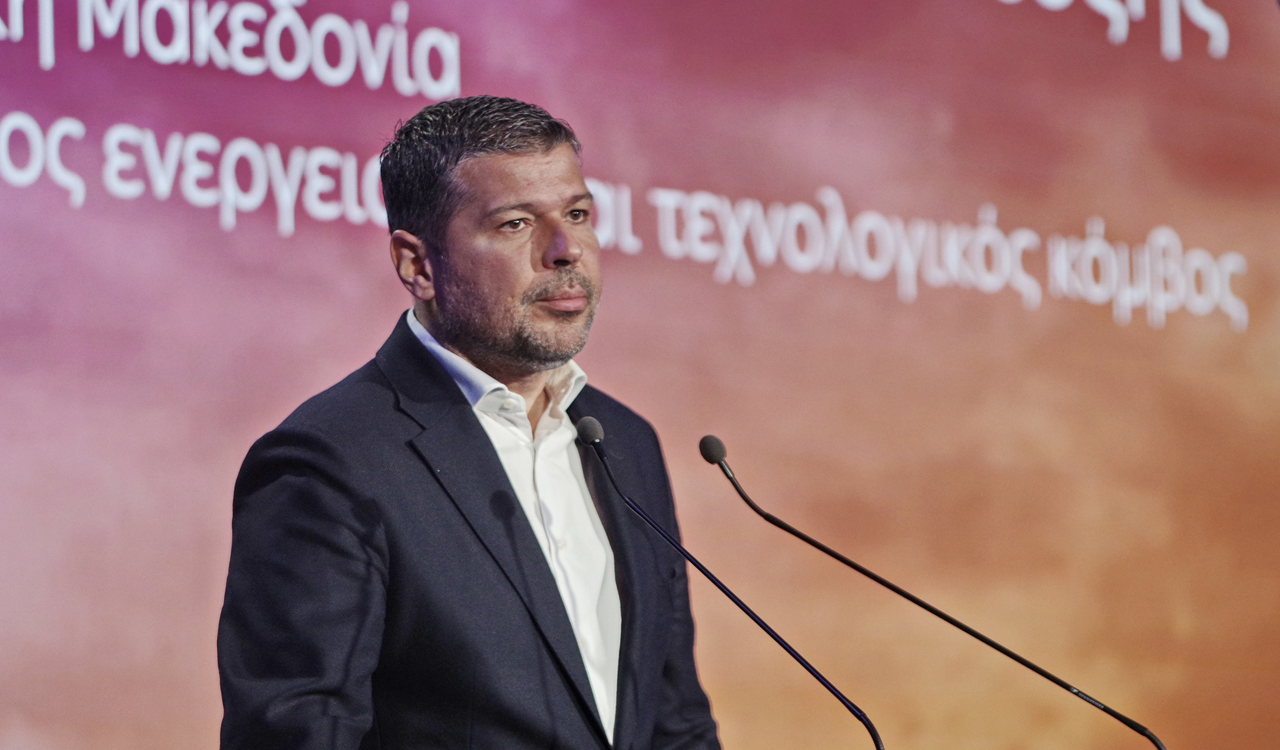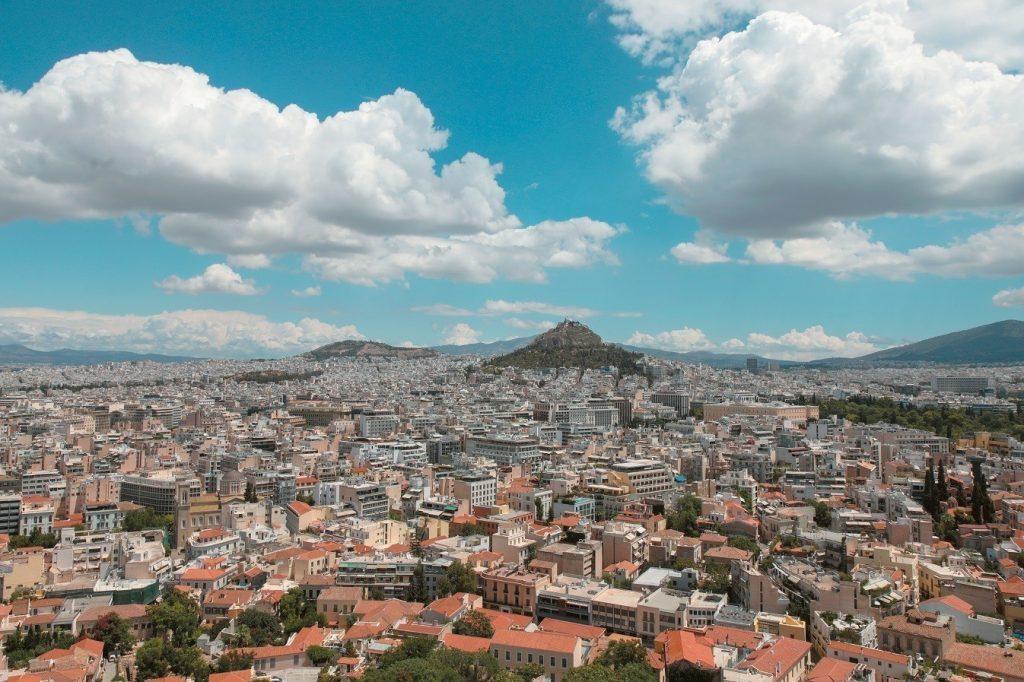Energy production from Greek RES (Renewable Energy Sources) stations and large hydroelectric projects surpassed, for the first time in a whole decade, that of fossil fuels (gas and lignite), covering 47.1% of demand. The analysis of the Independent Power Transmission Operator’s data for the period January – October, carried out by the environmental think tank “The GreenTank”, highlighted RES as the first source of energy in Greece.
More generally, the dramatic change in the electricity generation picture has been visible for almost two years now, from the differences in the first quarter of 2021, compared then with the corresponding period of 2020. Green energy, at intervals, outperformed the rest for days, or for a few months, but not for this long.
“Although until last September fossil fuels were cumulatively ahead, in October the high production from RES combined with the large reduction in electricity demand in the same month, high gas supply prices and other parameters of an economic nature, reversed the trend, leading to a large reduction in the energy produced from fossil gas and lignite, to -58% and -23% respectively compared to October 2021″, GreenTank analysts note. More specifically, cumulatively in the first 10 months of 2022:
– RES, excluding large hydro, is the number one source of power generation in the electricity grid, contributing 16,688 GWh (gigawatt hours) in the ten-month period, an increase of 18.4% compared to 2021.
– RES together with large hydroelectric (3,498 GWh) exceed fossil fuels for the first time in the interconnected system of the country, reaching 20,186 GWh against 19,859 GWh.
– Natural gas fell to second place with 15,139 GWh, recording an 11.5% drop compared to 2021.
– Lignite production (4,666 GWh) increased by 2% compared to the same period of 2021 while net imports were limited to 2,834 GWh.
In this way, during the first 10 months of the year, RES together with large hydroelectric covered 47.1% of the demand increasing their share during the last year by 5 percentage points. Mineral gas covered 35.4% of demand while lignite remained roughly at the same levels as the two previous years. Finally, net imports covered just 6.6% of the country’s demand – the smallest share since 2013.
October’s stats
On a month-by-month basis, according to Green Tank, in October, monthly RES production was the second highest at 57.3%, after last July’s record, when, together with large hydro, it reached 45.4%. As for electricity generation from mineral gas and lignite, it decreased by 58% and 23% respectively, compared to October 2021.
As for the demand for electricity, it decreased by 9% compared to October 2021. In fact, the monthly demand in October was the fourth lowest in the last ten years, according to Power Transmission Operator data, after April and May 2020 (first lockdown period) and April 2012.
“The share of RES together with large hydropower in meeting the demand of October 2022 reached 57.3%, proving that weaning from expensive and polluting fossil fuels can be done even faster when combining energy savings with accelerating the penetration of RES”, as the editors of the report noted.
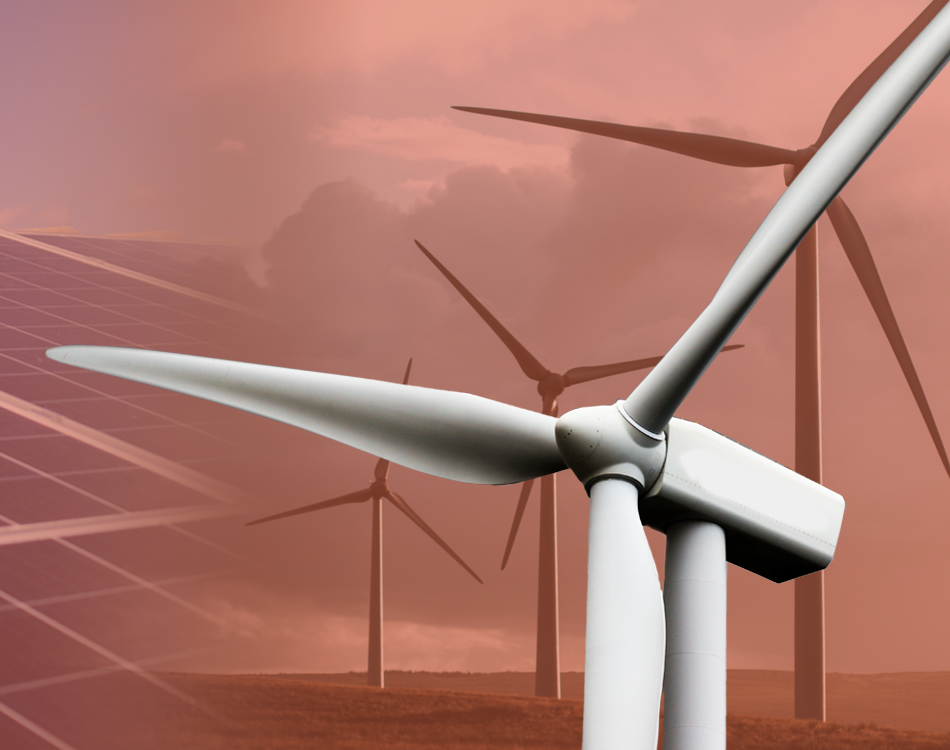














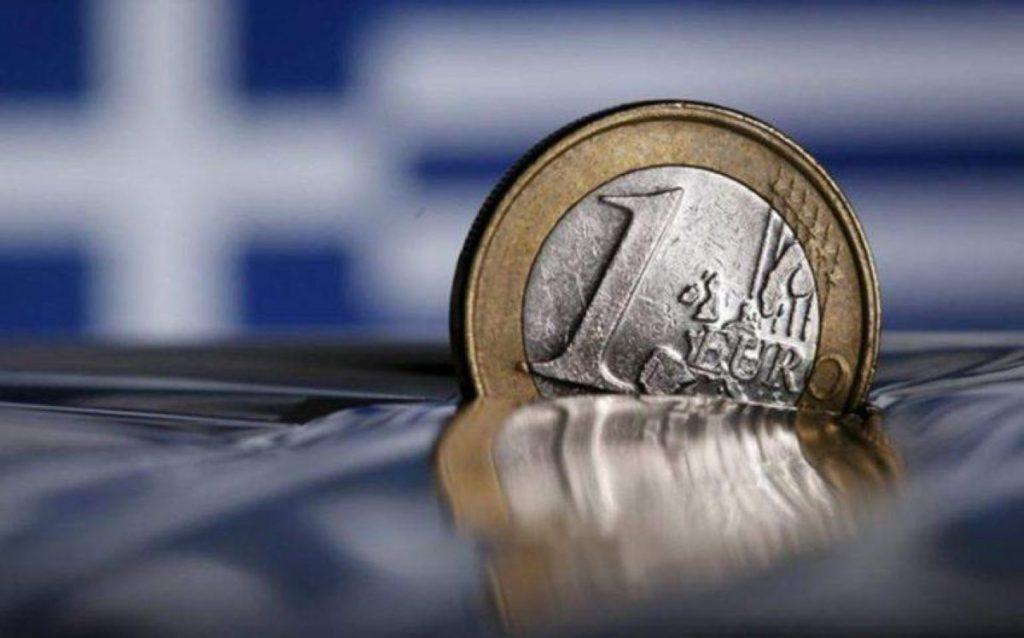
![Στεγαστική κρίση: Γονατίζει ένα στα τρία νοικοκυριά [πίνακας]](https://www.ot.gr/wp-content/uploads/2026/02/akinita26-4.jpg)
